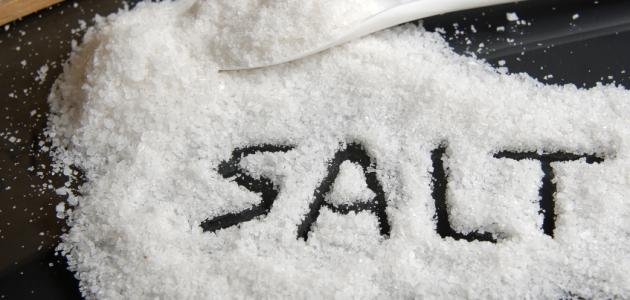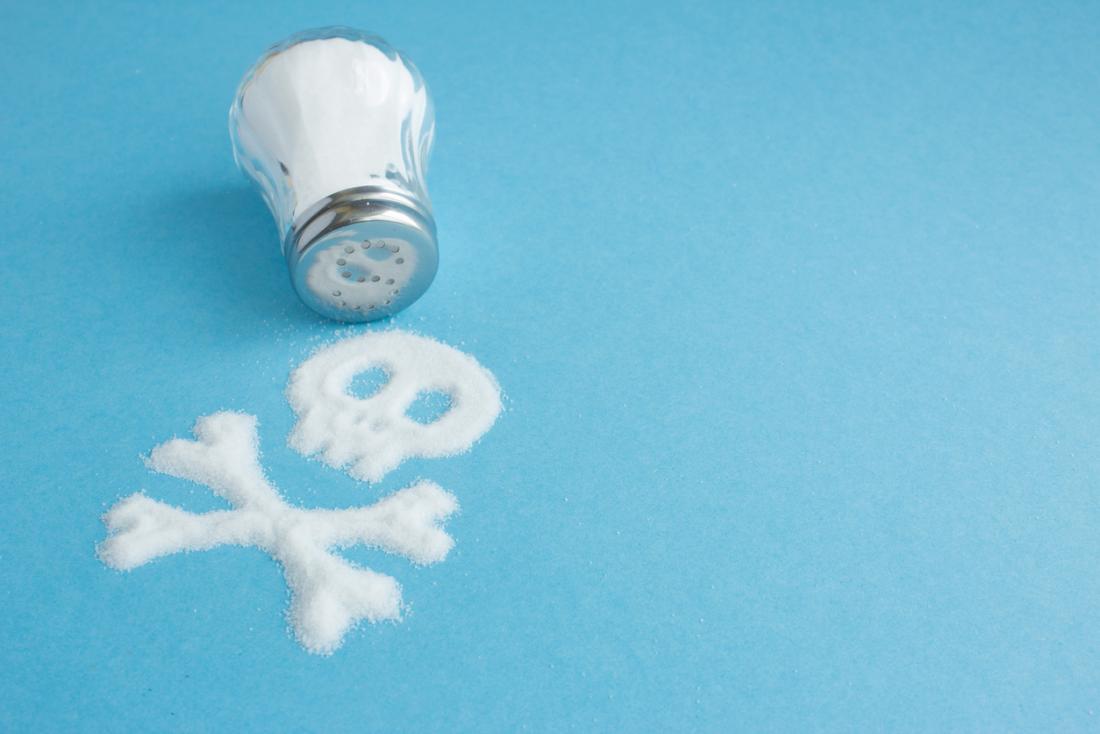Salt & The Function Of Our Cells
Sodium in the Body
Sodium is an essential nutrient but is something that the body cannot produce itself. It plays a vital role in the regulation of many bodily functions and is contained in body fluids that transport oxygen and nutrients. It is also essential in maintaining the body’s overall fluid balance.
To survive everyone needs to consume Sodium regularly. It is a principal component of a person’s internal environment – the extracelluar fluid. Nutrients reach your body’s cells through these fluids. Sodium facilitates many bodily functions including fluid volume and acid-base balance.
An adult human body contains about 250g of salt and any excess is naturally excreted by the body.
Sodium enables the transmission of nerve impulses around the body. It is an electrolyte, like Potassium, Calcium and Magnesium; it regulates the electrical charges moving in and out of the cells in the body. It controls your taste, smell and tactile processes. The presence of Sodium ions is essential for the contraction of muscles, including that largest and most important muscle, the heart. It is fundamental to the operation of signals to and from the brain. Without sufficient sodium your senses would be dulled and your nerves would not function.
Chlorine in the Body
Chlorine too is essential to good health and is a fundamental element in the digestion process. It preserves the acid-base balance in the body. It aids Potassium absorption. It supplies the essence of Hydrochloric Acid in the gastric juices used in the stomach to help us break down and digest the food we eat and control the level of bacteria present in the stomach. It enhances the ability of the blood to carry Carbon Dioxide from respiring tissues to the lungs.

Salt: Do we really need it, and how much should we eat?
Everyone needs salt for fluid balance and muscle and nerve function. But too much salt is bad for us, we hear. So how much do we need?
The human body regulates how much sodium it contains. If levels are too high, we get thirsty and drink, and the kidneys speed up the process of getting rid of it.
Too much sodium has been linked to kidney stones, high blood pressure, and cardiovascular disease.
Too little sodium can lead to hyponatremia, and symptoms of dizziness, confusion, muscle twitches and seizures.
Most Americans consume too much salt and sodium, due to a high intake of processed, restaurant, and convenience foods. How far should we go in cutting out salt?
What we know as salt is really sodium chloride. It is 40 percent sodium and the rest is chlorine.

The body needs salt, but too much or too little can cause problems.
Sodium makes up 40 percent of salt. If a food label lists sodium instead of salt, multiply the answer by 2.5 for an accurate picture of the salt content.
Most Americans take in too much salt, and 75 percent of it is hidden in processed and packaged food.
The American Heart Association (AHA) recommend a maximum intake of no more than 2.3 grams (g) or 2,300 milligrams (mg) of sodium a day, or around 1 teaspoon, and preferably no more than 1,500 mg.
Effects on the body
The body uses sodium to maintain fluid levels. A balance of fluid and sodium is necessary for the health of the heart, liver, and kidneys. It regulates blood fluids and prevents low blood pressure.
Too little salt
Low sodium levels can result if there is too much fluid in the body, for example, because of fluid retention. Diuretics are given in this case, to reduce fluid retention.
Other causes of low sodium in the body include:
Addison disease
a blockage in the small intestine
diarrhea and vomiting
an underactive thyroid
heart failure
drinking too much water
burns
If sodium levels fall in the blood, this affects brain activity. The person may feel sluggish and lethargic. They may experience muscle twitches, followed by seizures, a loss of consciousness, coma, and death. If sodium levels fall quickly, this may happen very fast.
In older people, symptoms can be severe.
One study found that when rats were deprived of sodium, they kept away from activities that they normally enjoyed. The researchers suggested, therefore, that sodium could act as an antidepressant.
Congratulations @wadie! You received a personal award!
Click here to view your Board
Do not miss the last post from @steemitboard:
Congratulations @wadie! You received a personal award!
You can view your badges on your Steem Board and compare to others on the Steem Ranking
Vote for @Steemitboard as a witness to get one more award and increased upvotes!